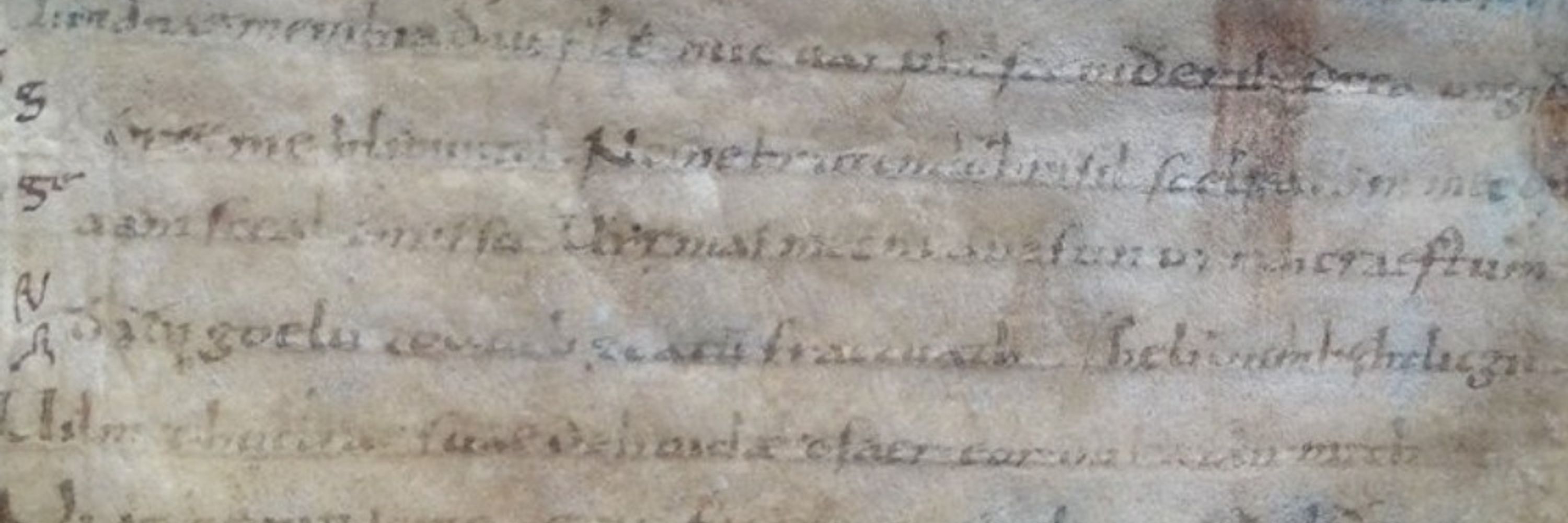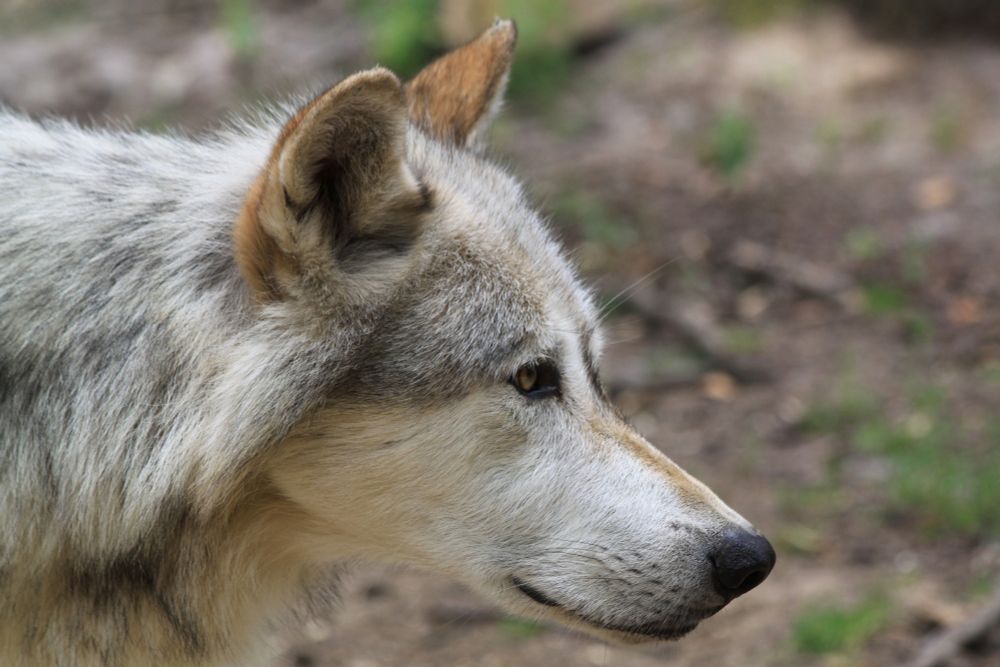
J'ai vu le loup et le renard danser.
youtu.be/XL8JedSwpp0?...

J'ai vu le loup et le renard danser.
youtu.be/XL8JedSwpp0?...





The land’s leader and the readied ones eager for battle.*
Then Hǫgni’s young heir said,
“Travel now fortunately and prudently, wherever your intent leads you.”
*Emended: the MS seems to say “from the court of the Huns”.
The land’s leader and the readied ones eager for battle.*
Then Hǫgni’s young heir said,
“Travel now fortunately and prudently, wherever your intent leads you.”
*Emended: the MS seems to say “from the court of the Huns”.
Old grey companies (wolves), if Gunnar is gone.
Dun-pelted bears will bite with hostile teeth,
Leaving sport for dogs, if Gunnar doesn’t return.”
(This stanza has a large number of small textual difficulties.)

Old grey companies (wolves), if Gunnar is gone.
Dun-pelted bears will bite with hostile teeth,
Leaving sport for dogs, if Gunnar doesn’t return.”
(This stanza has a large number of small textual difficulties.)
Gunnar’s response to Hǫgni’s warning may seem abrupt: in what follows it is clear that he intends to accept the invitation, but he does not say so explicitly, nor does he ever explain his reasoning. He is, presumably, motivated by his sense of honour and fear of cowardice.
Gunnar’s response to Hǫgni’s warning may seem abrupt: in what follows it is clear that he intends to accept the invitation, but he does not say so explicitly, nor does he ever explain his reasoning. He is, presumably, motivated by his sense of honour and fear of cowardice.
Around the hall-floor into peoples’ hands.
*Otherwise unknown figure.
Around the hall-floor into peoples’ hands.
*Otherwise unknown figure.
³Note to stanza 8: The heath-dweller is a roundabout way of saying wolf, and the wolf's “clothing” is its fur.
2/2
³Note to stanza 8: The heath-dweller is a roundabout way of saying wolf, and the wolf's “clothing” is its fur.
2/2
1/2
1/2
Neither counsellors nor advisors, nor those who were powerful.
Gunnar then spoke up like a king ought to,
Renowned in the mead-hall, moved by his great spirit.
Neither counsellors nor advisors, nor those who were powerful.
Gunnar then spoke up like a king ought to,
Renowned in the mead-hall, moved by his great spirit.
8. “What do you think the bride² signified when she sent us a ring
Wrapped with the clothing of the heath-dweller?³ I think she’s showing us a warning.
I found hair of the heath-dweller tied round the red ring.
The path for us two is wolfish, riding on this errand.”

8. “What do you think the bride² signified when she sent us a ring
Wrapped with the clothing of the heath-dweller?³ I think she’s showing us a warning.
I found hair of the heath-dweller tied round the red ring.
The path for us two is wolfish, riding on this errand.”
*Note to stanza 7: “My helm the whitest” is “My helm and shield the whitest” in the manuscript, but 'oc skiold' disrupts both the metre and the grammar, and is probably added later.
*Note to stanza 7: “My helm the whitest” is “My helm and shield the whitest” in the manuscript, but 'oc skiold' disrupts both the metre and the grammar, and is probably added later.
On each one the hilt is made of gold.
I know my horse to be the best, and my sword the sharpest,
My bow proud above the bench, and my armour made of gold,
My helm* the whitest, come from Caesar’s hall. [cont.]

On each one the hilt is made of gold.
I know my horse to be the best, and my sword the sharpest,
My bow proud above the bench, and my armour made of gold,
My helm* the whitest, come from Caesar’s hall. [cont.]
“What do you advise, younger warrior, as we hear such things?
I’m not aware of any gold on Gnita Heath
That the two of us don’t have as much again.
“What do you advise, younger warrior, as we hear such things?
I’m not aware of any gold on Gnita Heath
That the two of us don’t have as much again.


